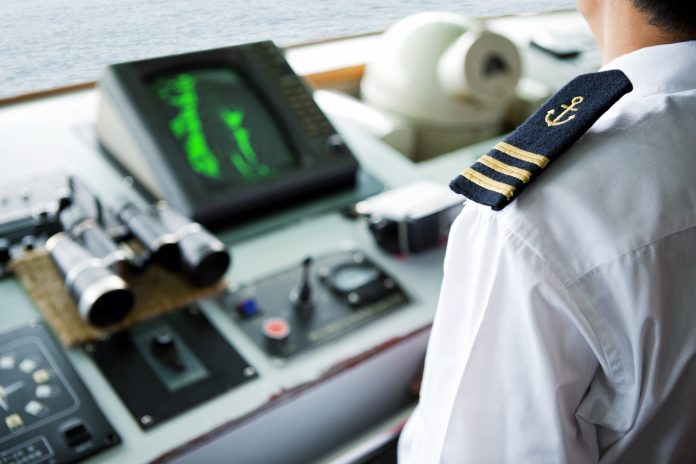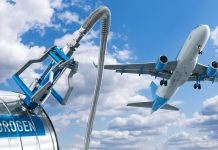The UK maritime industry is undergoing an important change that will modernise the training development of seafarers, in particular cadets, through the Maritime and Coastguard Agency’s (MCA) Cadet Training and Modernisation (CT&M) Programme
This change, which is one of the biggest changes in UK maritime education in recent years, focuses on adapting to the evolving technological and environmental demands of the sector, as well as improving the quality and flexibility of cadet training.
Training record books
A main point of the program’s latest phase is an update to the Training Record Books (TRBs) used by cadets.
These books are important for documenting the cadet’s learning progress and practical experience on board vessels. With the updated TRBs, cadets will have better and more efficient way to track and demonstrate their learning, allowing them to have a clearer understanding and view of their progress.
Modernising the cadet syllabus
The CT&M Programme has already made big progress in other areas as well. One of the main changes has been the modernisation of the cadet training syllabus, which is scheduled to take effect in September 2025.
This updated syllabus incorporates important new skills that reflect the ongoing changes in the maritime industry, such as those related to decarbonisation and digitalisation.
Global trends drive these changes towards reducing the environmental impact of the maritime sector and integrating new technologies for greater efficiency and safety.
Improving in assessment and feedback
The MCA has introduced oral and written assessment enhancements, aligning them with the more modern and rigorous training frameworks.
This approach will improve the quality of assessment and also ensures that cadets are tested on a wider range of competencies vital to the future of maritime operations.
Post-training surveys will allow for better feedback from seafarers, continuously helping to refine the training process based on real-world experience.
Preparing seafarers for the future
These initiatives hope to produce highly skilled and adaptable seafarers who can operate vessels efficiently and safely.
By incorporating skills related to sustainability, new technologies, and digital tools, the MCA is making sure that the maritime workforce remains at the forefront of global standards.
This is crucial for maintaining the position as a leader in the global maritime industry and ensuring that the sector can meet the demands of a rapidly changing world.
The CT&M Programme represents a collaborative effort between the MCA, seafarers, training providers, industry partners, and employers. This collaboration is a unique feature of the reform process, bringing together various stakeholders to ensure that training standards are maintained and enhanced in line with the latest industry practices.
MCA Chief Examiner Ajit Jacob said: “These ongoing improvements give us a training system that is increasingly better equipped, open and flexible for new technology, and addresses the safety, security, and environmental issues of an evolving maritime world. By incorporating skills related to decarbonisation, we are preparing our cadets to meet the challenges of the industry’s journey to net zero.
“The result will be confident teams of seafarers with the skills, experience and knowledge to operate vessels safely and efficiently, boosting the UK’s thriving maritime economy.”
The ongoing review process, set to continue through the program’s duration, will make sure that the maritime training system remains adaptable and responsive to future developments.
Technological change
As the maritime sector works towards its net-zero emissions goal, future seafarers must be trained to navigate this transformation.
Integrating decarbonisation skills into the curriculum is just one example of how the industry prepares its workforce for the future. With these changes, the MCA is building a more resilient and sustainable maritime industry that is capable of handling both the current demands and future challenges set by a changing global economy.











